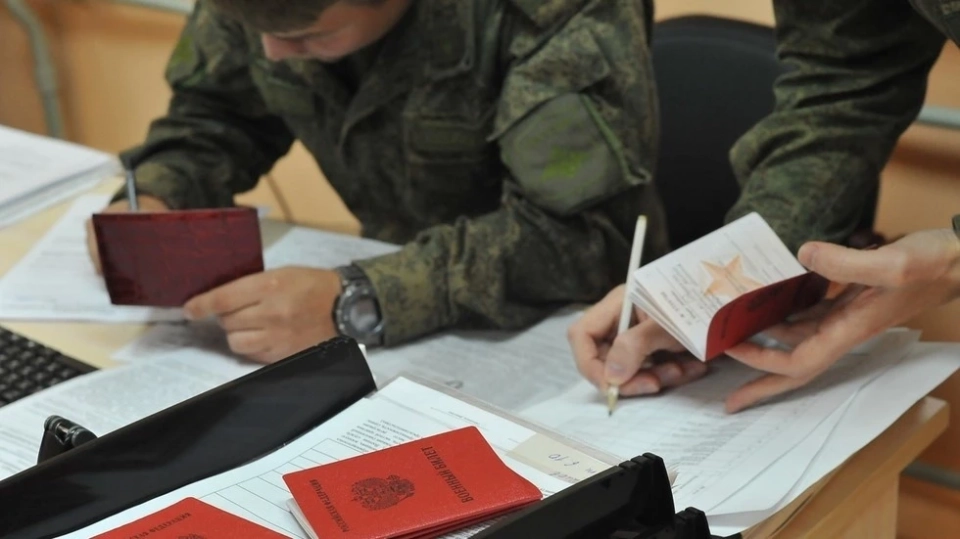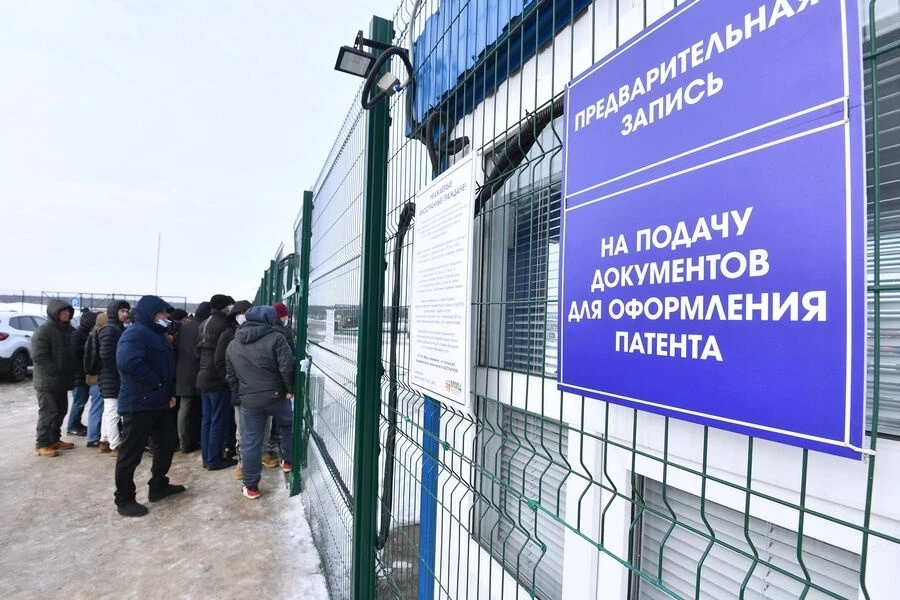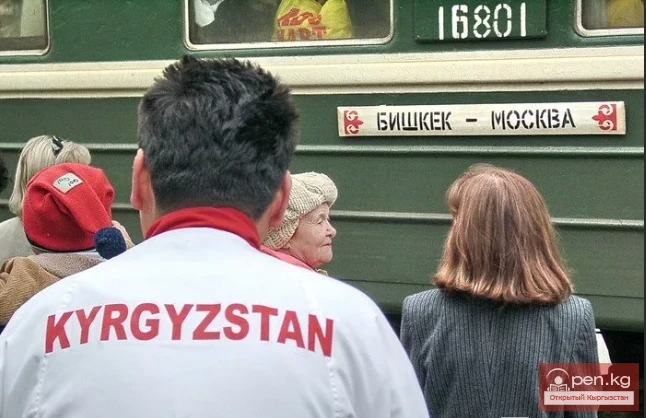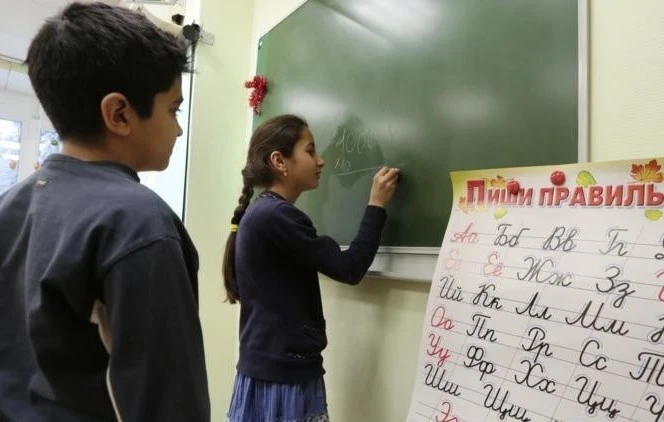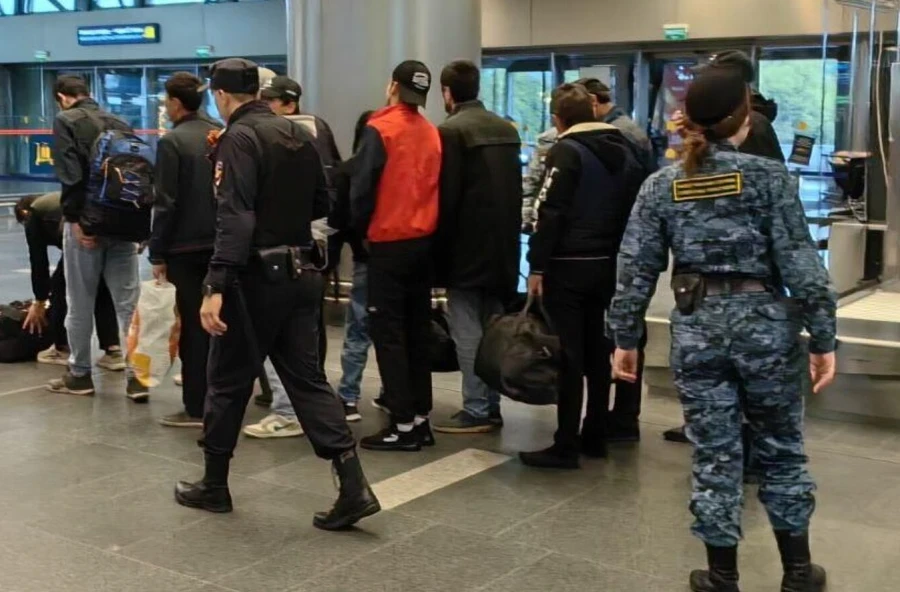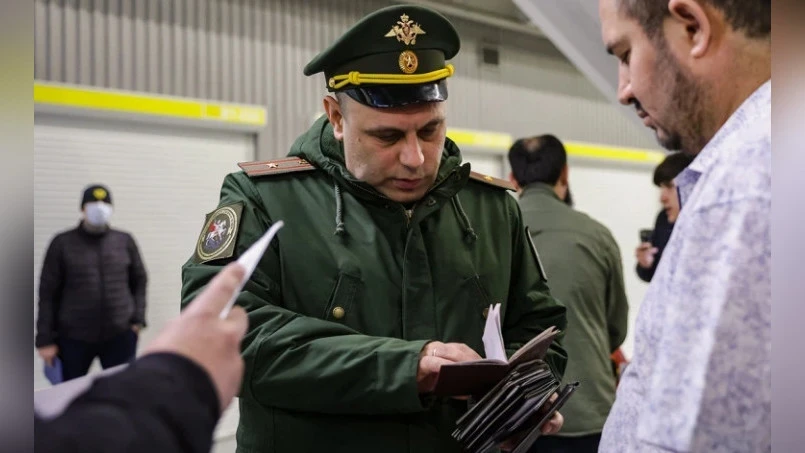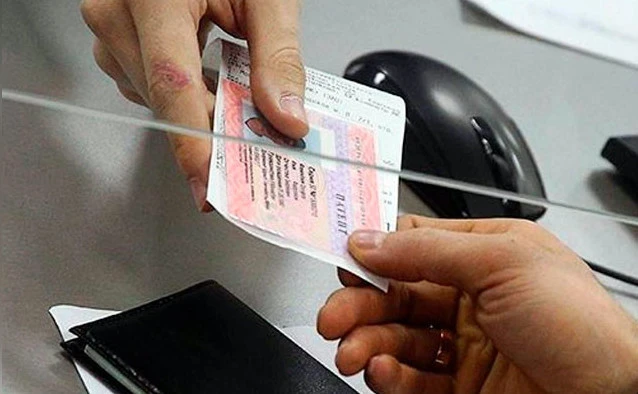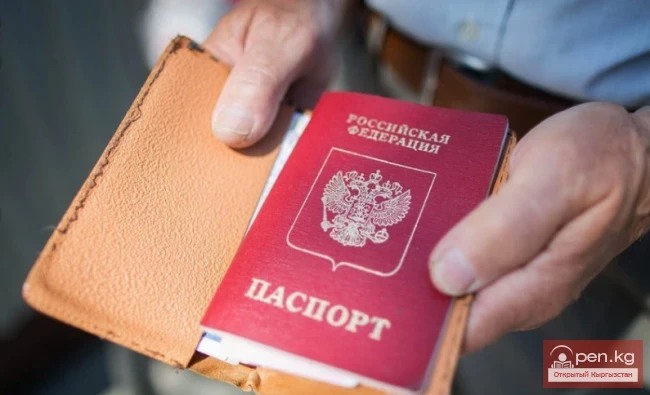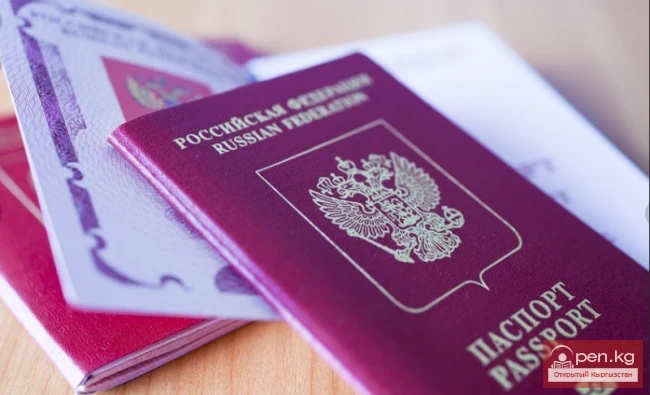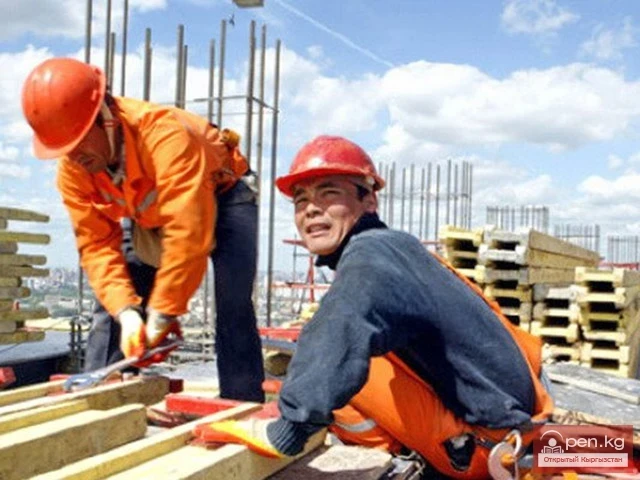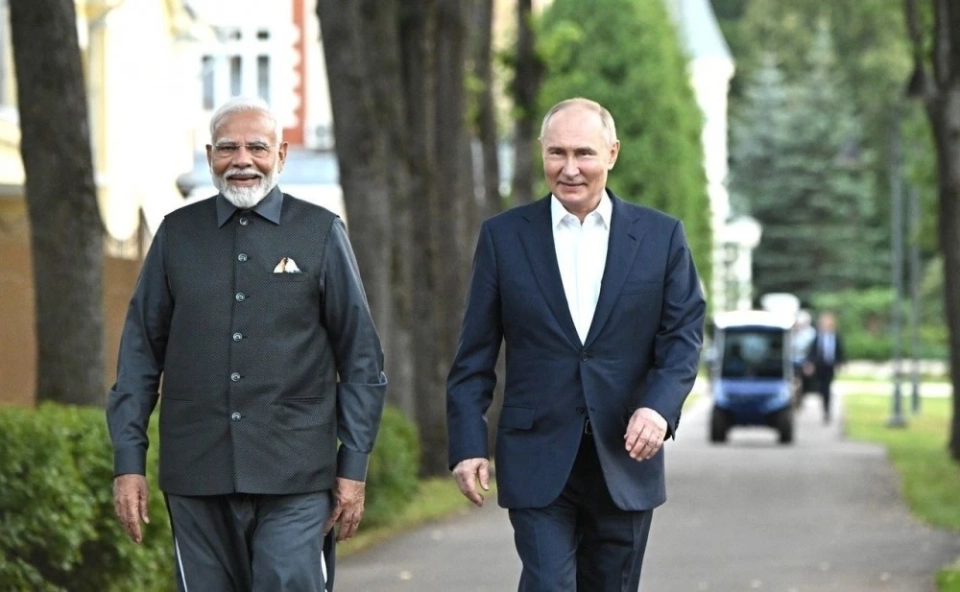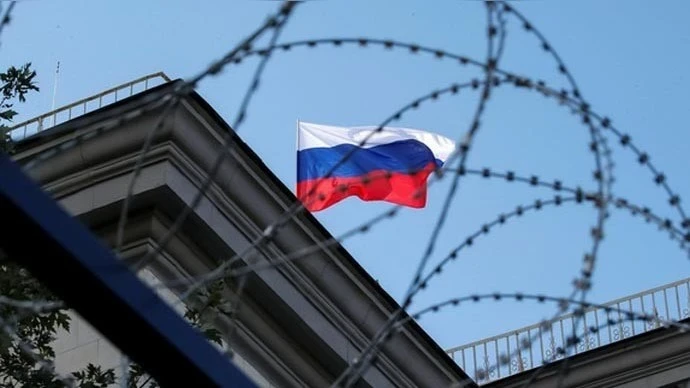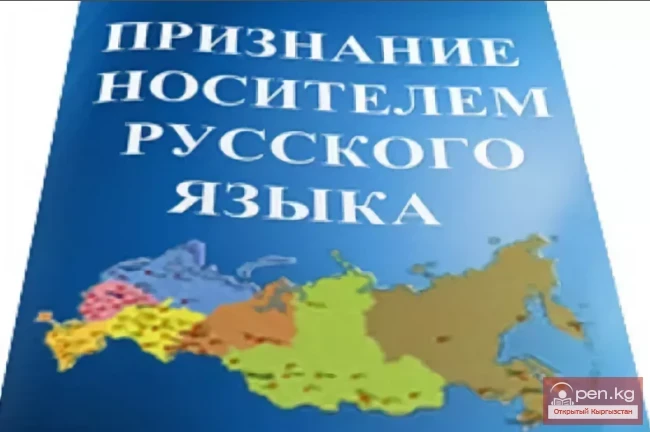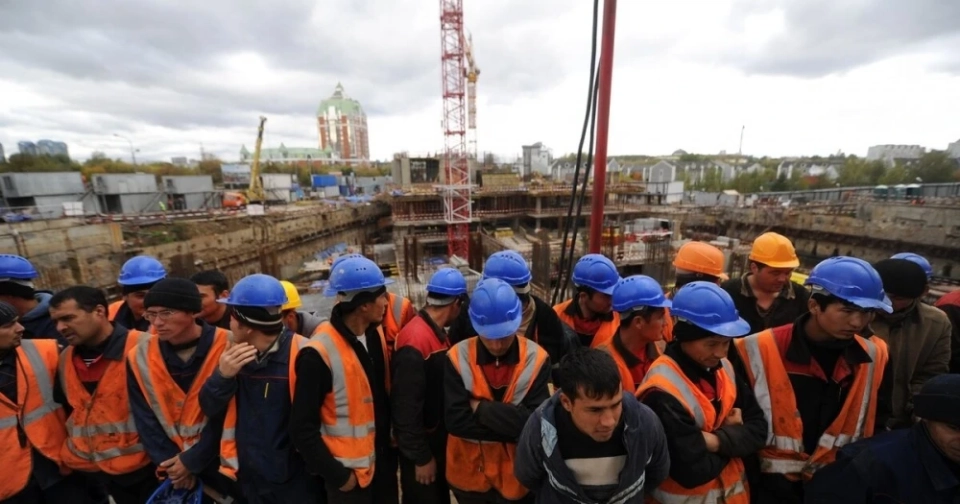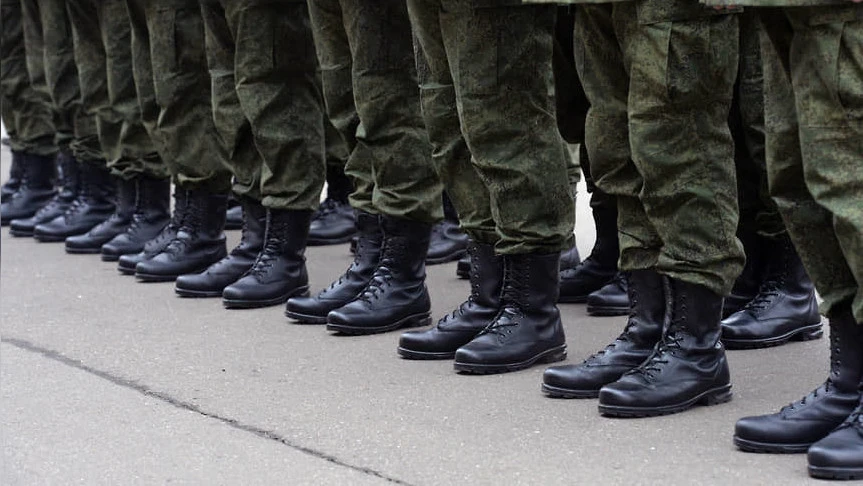
The Russian government commission supported proposals suggesting that foreigners who participated in the SVO on the side of Russia will not be subject to deportation or loss of work permits. If the amendments to the legislation are approved, Russia will refuse to extradite such citizens to other states, even if a criminal case has been opened against them or a sentence has been issued. This innovation applies to both those currently serving in the armed forces and those who have already completed their service.
It is also proposed that for migrants who have served in the Armed Forces, the process of staying in Russia will be significantly simplified. If the bills are approved by the State Duma and the Federation Council, and then signed by the president, authorities will receive a ban on deportation, readmission, reduction of the temporary stay period, refusal to issue residence permits (RVP), and annulment of work permits for such foreigners.
The Deputy Chairman of the Board of the Association of Lawyers of Russia, Igor Cherepanov, noted that instead of administrative expulsion, a fine ranging from 1,000 to 50,000 rubles (from $12 to $600) or compulsory work up to 200 hours will be provided for such individuals.
The lawyer explained that the need for these amendments is related to the desire to maintain military secrecy by keeping foreign servicemen on the territory of Russia.
Previously, Russian authorities simplified the process of obtaining citizenship for foreigners who signed contracts with the army or participated in the SVO, as well as for their families. They can apply for citizenship based on the relevant document from the Ministry of Defense.
According to the official representative of the Ministry of Internal Affairs of Russia, Irina Volk, in 2024, more than 190,000 decisions were made regarding administrative expulsion, deportation, and readmission of foreign citizens, of which over 157,000 were forcibly expelled. Additionally, last year, 267,200 requests for entry bans to Russia were submitted, which is 93,800 more than in 2023.
As for citizens of Central Asian countries, those who participate in hostilities on the side of another state face criminal prosecution at home. In most post-Soviet republics of the region, there are articles on mercenarism for such crimes, which can lead to long prison sentences of up to 10 years.
However, in practice, courts rarely impose harsh sentences. For example, in Uzbekistan, less severe penalties are often imposed, or imprisonment measures are not applied at all.
